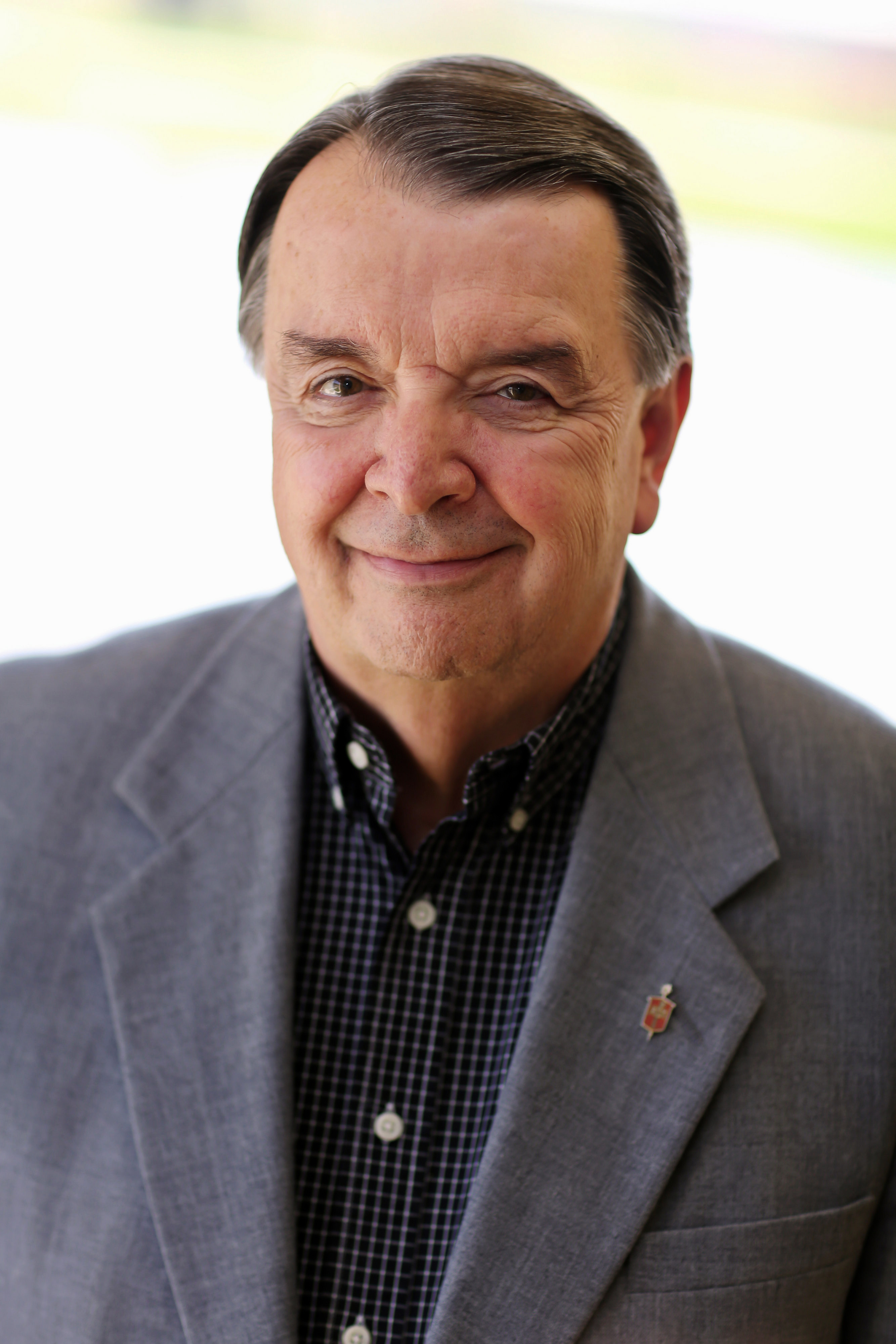
Photo courtesy of the Indiana Conference.
In the midst of all the discussions about the three models presented by the Commission on the Way Forward to the General Conference, I wonder if anyone is thinking about preparing for “nothing.”
Historically, it is typical for the General Conference to create study commissions (like the Study of Homosexuality in the 1988-1992 quadrennium and various ministry studies) and then not approve the recommendations.
It has happened that way time and again, and General Conference has become more and more dysfunctional, which makes a “do nothing” result very likely in 2019 or 2020.
Are we preparing for the General Conference to do nothing?
For that matter, are we preparing for anything that the General Conference might do?
The day after General Conference, will anyone be ready to help our individual local United Methodist congregations in Georgia or Texas or New Hampshire or Liberia to understand the actions of General Conference and to know what the next steps will be?
We seem to be focusing so much upon the proposals themselves, but I wonder if anyone is ready to deal with the aftermath?
Here are some possible ways to be prepared for “nothing” or for “anything” that General Conference might do:
- With all due respect, I am sure that most of our local congregations will continue to do the ministry they are already doing in spite of any action by the General Conference. So let’s encourage our pastors and congregations to continue to be faithful and to be focused on their local ministries. While the General Conference is often self-absorbed with its sense of importance, the real ministry of our church happens in local congregations and that ministry should be encouraged to continue.
- Most local congregations (and their pastors) will need to be reminded that our mission (“making disciples of Jesus Christ for the transformation of the world”) is unchanged. All of the General Conference debate and action or inaction cannot be allowed to distract us. In fact, too much distraction has already occurred, so I hope that we can help our local congregations, pastors and annual conferences to get back to the main “business” of our church.
- Nearly all clergy members will need to be reassured that their appointments are secure, that changes at the general church level (if any) will not immediately impact them and that they can continue their ministry.
- Anxiety at all levels of our United Methodist Church will need to be lowered — something that leaders can only do if they maintain a “non-anxious presence.” That term means being present and not withdrawing from our people, and it also means speaking and acting in ways that reduce stress and anxiety. Right now too many of our general church delegates and leaders (including bishops) are raising anxiety, rather than lowering anxiety.
- We can invite people to pray, to study any results from General Conference and to have mature discussions about our future. Those discussions cannot happen immediately, because the results (if any) of General Conference will take time to translate and to disseminate. The early reports from various caucus groups and even the media are usually inflammatory and just plain inaccurate, so it is important to invite our people to take the time to pray, study, and learn for themselves what the results (if any) of General Conference actually mean. Leaders in our denomination will need to fight against tendencies among themselves and others to draw quick conclusions. Patience is hard to come by in this social media age, but it will be needed in the days and weeks after General Conference. Quick decisions from inaccurate or incomplete information are usually wrong decisions — so let’s encourage everyone to avoid such quick decisions.
I don’t know what decisions (if any) the General Conference will make in 2019 or 2020, but I am sure, as Paul told the church at Philippi, “That the One who began a good work in you will continue until the day of Christ.”
Bishop Coyner retired in 2016, having led the Indiana Conference for 12 years.
News media contact: Vicki Brown, news editor, newsdesk@umcom.org or 615-742-5469. To read more United Methodist news, subscribe to the free Daily or Weekly Digests.
Like what you're reading? Support the ministry of UM News! Your support ensures the latest denominational news, dynamic stories and informative articles will continue to connect our global community. Make a tax-deductible donation at ResourceUMC.org/GiveUMCom.


